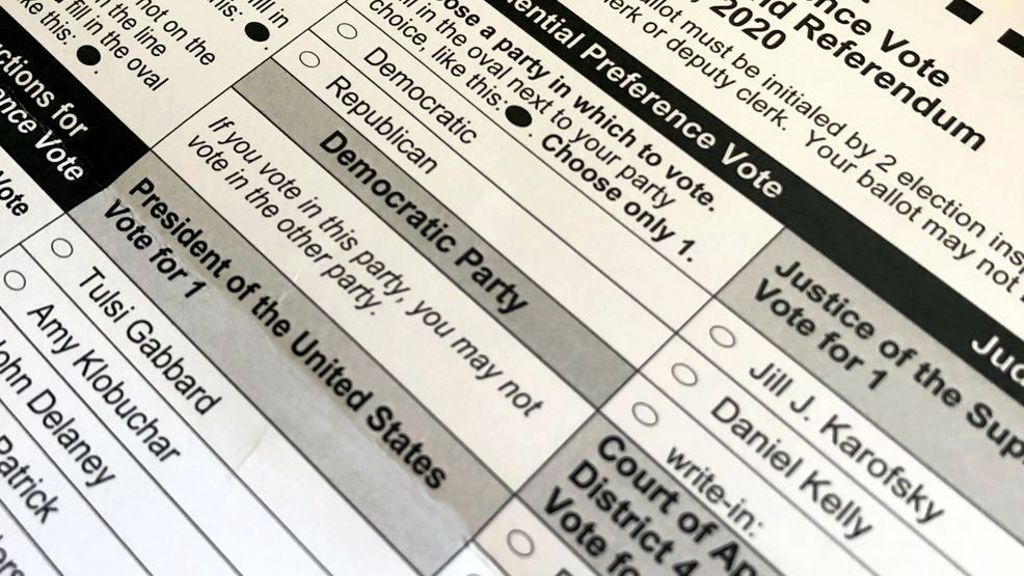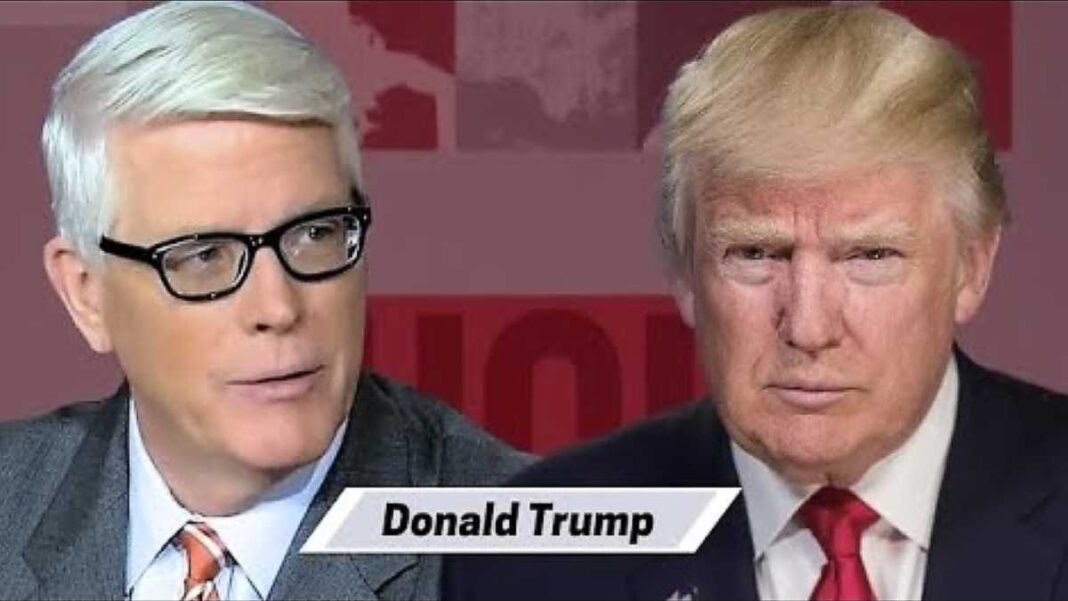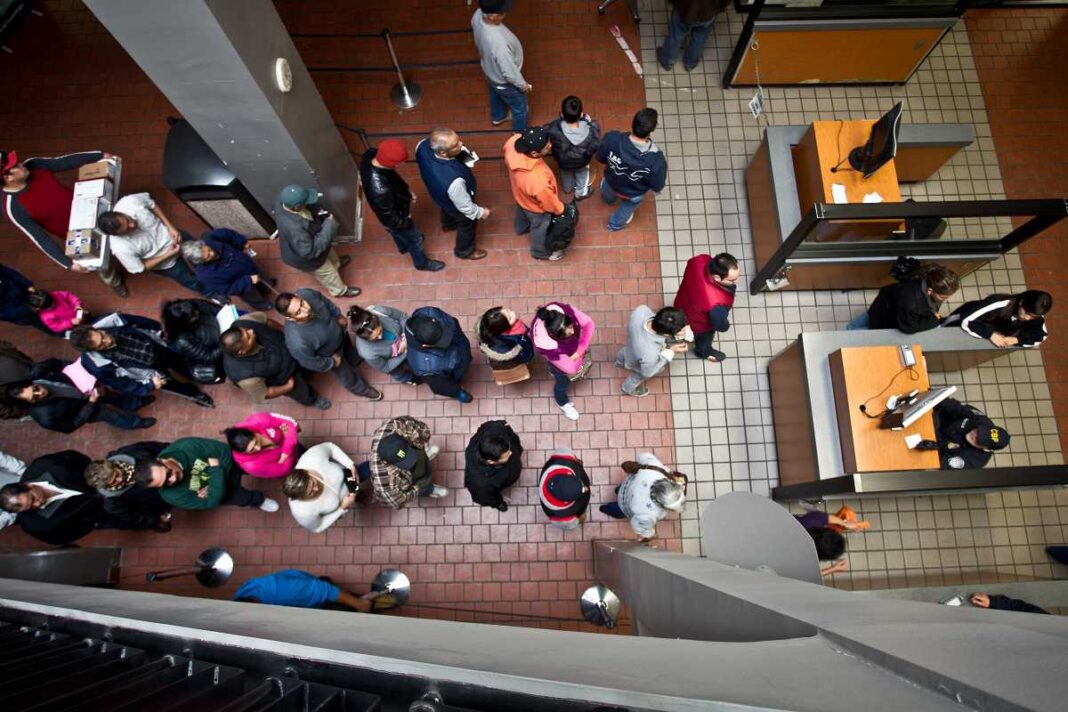Challengers’ position ‘simply does not make sense,’ judge finds.
A federal judge has dismissed a lawsuit claiming that Wisconsin’s requirement for witnesses to sign for absentee voters clashes with federal law.
The claims by plaintiffs, four voters represented by Democrat firm Elias Law Group, are based on faulty interpretations of the law, according to U.S. District Judge James Peterson.
The challengers said the Voting Rights Act unilaterally bars requiring absentee voters to prove their qualifications, making the Wisconsin requirement illegal. The act states in part that “no citizen shall be denied, because of his failure to comply with any test or device, the right to vote in any federal, state, or local election conducted in any state or political subdivision of a state.” It defines “test or device,” in part, as any requirement that makes a person “prove his qualifications by the voucher of registered voters or members of any other class.”
However, that interpretation of the federal law is not correct, Judge Peterson said in his May 9 ruling.
“Plaintiffs say that Wisconsin law requires the witness to do more than ensure that the voter followed the proper procedure in preparing the ballot; rather, the witness must also certify that the voter is eligible to vote,” he said. “But that interpretation is inconsistent with the text and purpose of the statute, and it is inconsistent with how the law has been interpreted since it was enacted. Even the plaintiffs themselves do not say in their declarations that they believe they need to find a witness who can certify their qualifications to vote.”
In Wisconsin, any qualified voter who is “unable or unwilling” to vote in person is eligible for an absentee ballot. The law states that among requirements to vote by mail, another adult must observe the voter filling out the ballot and signing a statement that reads, in part, that “the above statements are true and the voting procedure was executed as there stated.”
As the “above statements” include the attestation from the voter that he or she is a resident of Wisconsin and entitled to vote in the state, plaintiffs said the requirement is illegal under federal law.









